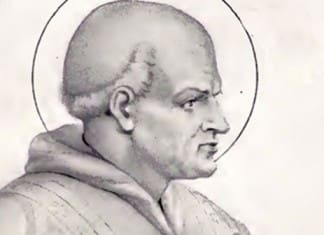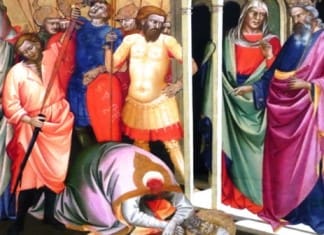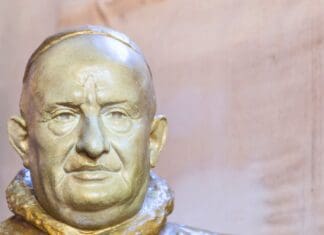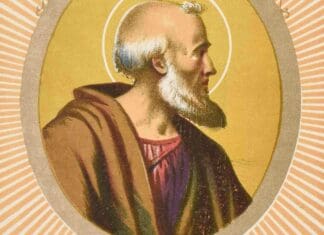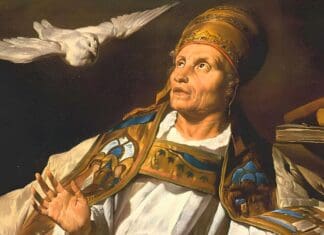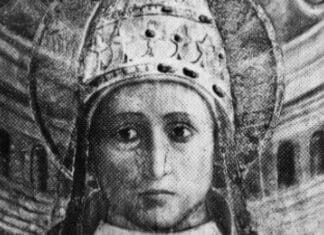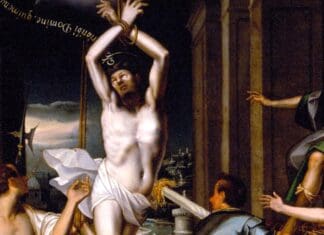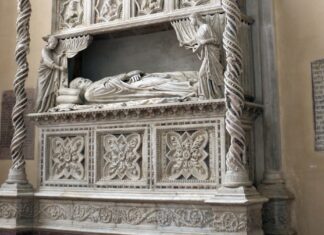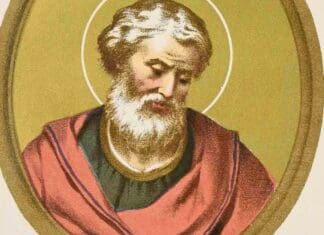Pope Saint John I
Little is known of Pope Saint John I's life before he took office as pope, except that he was born in Tuscany. After a journey to Constantinople concerning Ariansism, he was arrested by Theordric, Arian king of the Ostrogoths. Worn out by his journey and probably starved, John died in prison soon after. Pope St. John I is honored as a martyr.
Pope Saint Caius
We have little definite information about Pope Saint Caius. Iit was said that he was a relative of the Emperor Diocletian and was also an uncle of an unidentified holy Susanna. He also made up the final structure of the lower orders.
Pope Saint John XXIII
Pope Saint John XXIII's journey from humble beginnings to transformative papacy showcases a life of service, faith, and evangelical simplicity.
Pope Saint Simplicius
Pope Saint Simplicius navigated the fall of the Western Roman Empire, defended Chalcedon's decisions, and fought to preserve Rome's influence and aid Italy during barbarian incursions.
Pope Saint Leo IX
Pope Saint Leo IX (1049-1054) worked for reform in the Church chiefly against simony, concubinage, and lay investiture. Upon his election to the Papacy he entered Rome as a simple traveler, and became known as the Pilgrim Pope.
Pope Saint Gregory III
Pope Gregory III, who led from 731 to 741, staunchly defended the veneration of holy images against Emperor Leo II's iconoclastic policies.
Pope Saint Zephyrinus
The pontificate of this first third-century pope was to see a storm of heresy rage around the pontiff, who had to keep a firm hand on the tiller of Peter's barque.
Pope Saint Pontian
Pope Saint Pontian, who reigned from 230-235, holds the distinction of being the first pontiff to abdicate.
Pope Saint Benedict XI
He was the author of a volume of sermons and commentaries on a part of the Gospel of Saint Matthew, the Psalms, the Book of Job and the Apocalypse.
Pope Saint Anicetus
Pope Saint Anicetus, the 11th pope, succeeded St. Pius towards the year c. 153, and reigned till about 168. He condemned Montanism, conferred with St. Polycarp on the Paschal date controversy, and forbade priests from growing their hair. He was martyred and is venerated on April 17.


